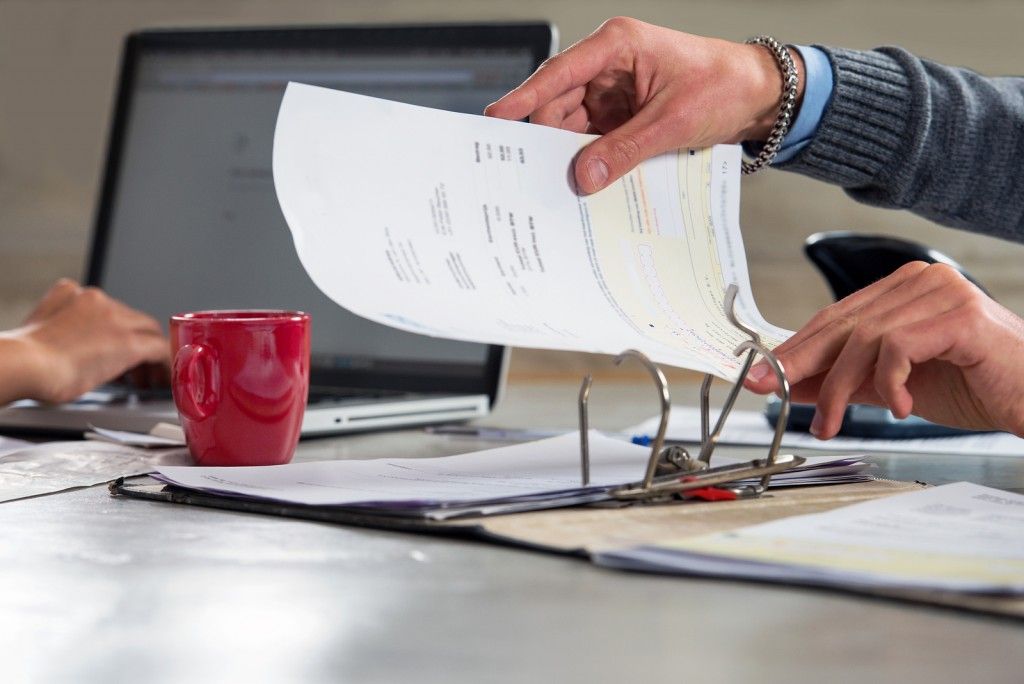In the modern world, we’re able to accomplish more things than ever. Unfortunately, devoting ourselves to more tasks than ever can mean that sometimes we get spread thin and that completing important duties and obligations can slip through the cracks. Unfortunately, this can include forgetting to file and pay our taxes and timely matter. Even more unfortunately, failing to file taxes can lead to penalties, interest on the unpaid tax, and many other consequences.
Therefore, many taxpayers want to know how they can fix their unfiled taxes. For some taxpayers, they may have forgotten to file a single year of taxes. For other taxpayers, the noncompliance with the U.S. tax code may cover several years were potentially longer. Was important to remember is that procrastinating further and taking no action can only make the situation worse. While it can be difficult to take that first step toward correcting ones non-filing status, it is necessary if the taxpayer wishes to avoid potential worst-case scenarios.
CPA Ted Kleinman can assist taxpayers have forgotten to file taxes or who have unpaid taxes. To schedule a consultation call US Tax Help at (541) 923-0903 today.

What Penalties Can I Face When I Fail to File Tax Returns?
The failure to file tax returns can be met with potentially significant tax penalties. If failure to file is compound by a tax obligation owed and the failure to pay, additional penalties can be imposed. Put simply, the obligation to file taxes and the obligation to pay taxes are two distinct and separate duties. Therefore, each failure can be punished separately. When both a failure to file and a failure to pay penalty is assessed, a combine penalty is imposed.
The failure to file penalty is the more severe of the two penalties. This penalty is assessed at five percent of the unpaid taxes due and owing. The penalty is imposed for each month or part of a month where the tax return is late. While it is capped at 25 percent of the tax obligation owed, it can still add up to a significant sum. Furthermore, if you file your return more than 60 days after the original due date, a minimum penalty of the lesser of $135 or 100 percent of the unpaid tax is imposed.
The failure to pay penalty is assessed at 0.5 percent per month of your unpaid taxes. Like the failure to file penalty, this penalty is capped at 25 percent of the unpaid tax. Likewise, it is also assessed for each month or part of a month where the tax remains unpaid. If both the failure to pay and failure to file penalties both apply, the failure to file penalty is adjusted downward by the failure to pay penalty.
It is important to note that in certain scenarios these penalties can be waived by the IRS. Typically, the taxpayer must make a showing that the failure to file and/or pay taxes is justified by reasonable cause and is not the product of willful neglect.
Unfiled Tax Returns Mean No Tax Refunds and Theoretically Open-Ended Liability
Unfortunately, most people do not realize that the statute of limitations on IRS investigations and audits does not begin to run until an individual has actually filed their tax return. From the filing of the return, there is general a three to 6 year look-back period that is permissible, depending on the situation. However, when a taxpayer fails to file taxes, that statute of limitations period never begins to run. As such, the taxpayer faces theoretically perpetual liability for the unfiled and unpaid taxes. While the IRS is unlikely to go after a taxpayer with a small tax debt, it may choose to pursue a nonfilter with significant resources even many years after the limitations period would have otherwise closed.

Furthermore, the simple fact is that unfiled tax returns result in the inability to claim any tax refund you may be entitled to receive. Even worse, a failure to file taxes and collect the refund within three years of the original filing date means that the refund is unrecoverable and lost to the government forever. Since many taxpayers are indeed entitled to a refund when they file their tax return, failing to file means that the taxpayer will never see the refund. However, correcting one’s unfiled taxes before three years have passed can allow you to claim these funds.
Work With an Experienced US Tax Accountant to Fix Unfiled Taxes
CPA Ted Kleinman can assist taxpayers who have failed to file or pay taxes. To schedule a private tax consultation call a US tax accountant at US Tax Help at (541) 923-0903 today or online.
